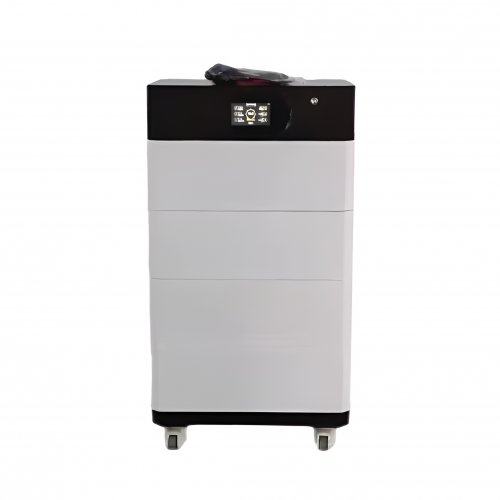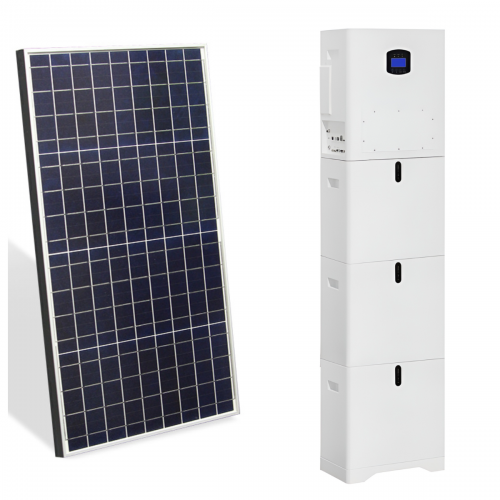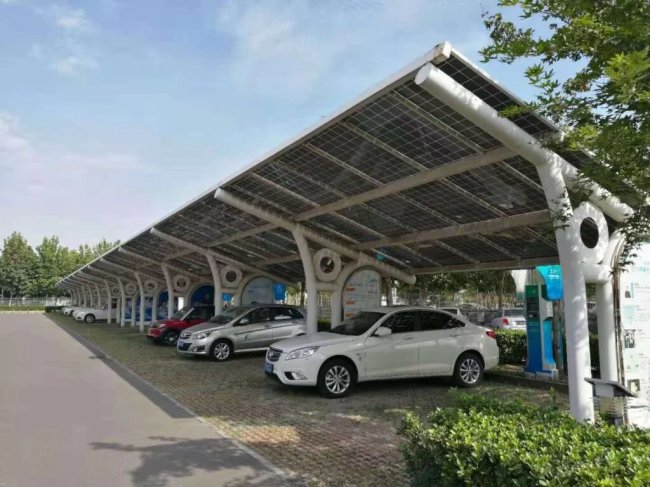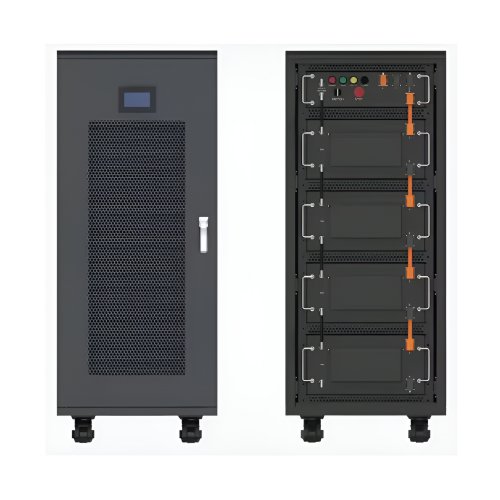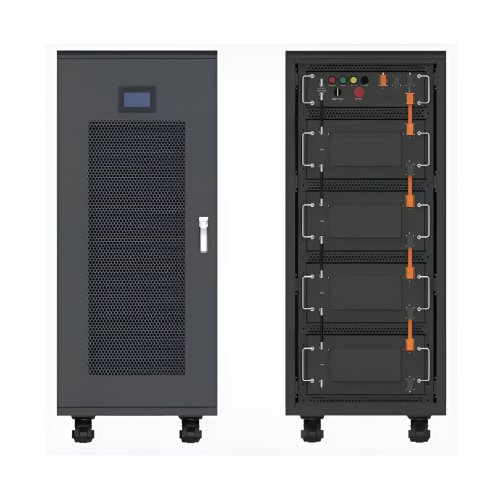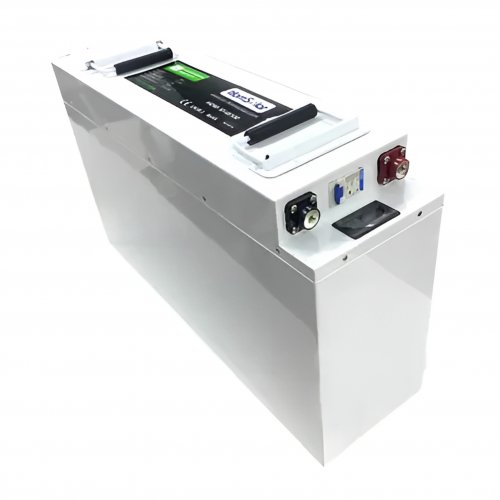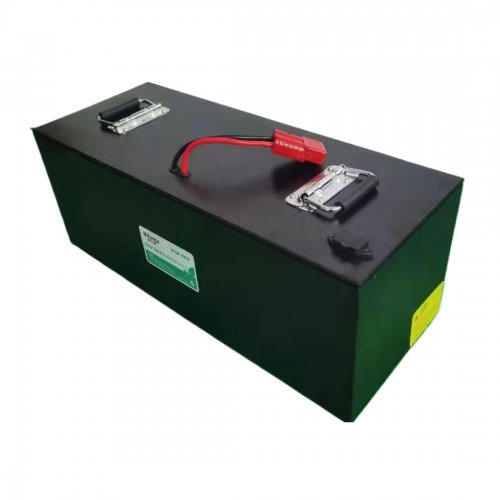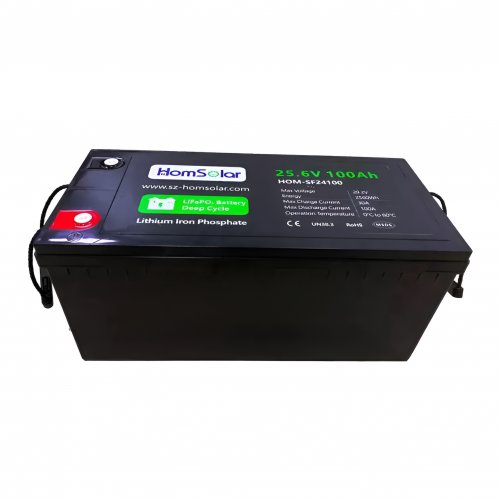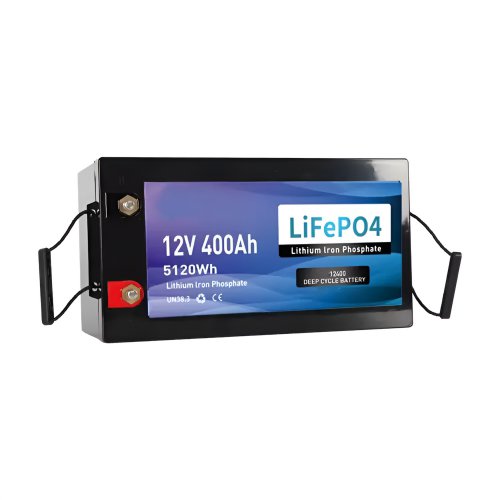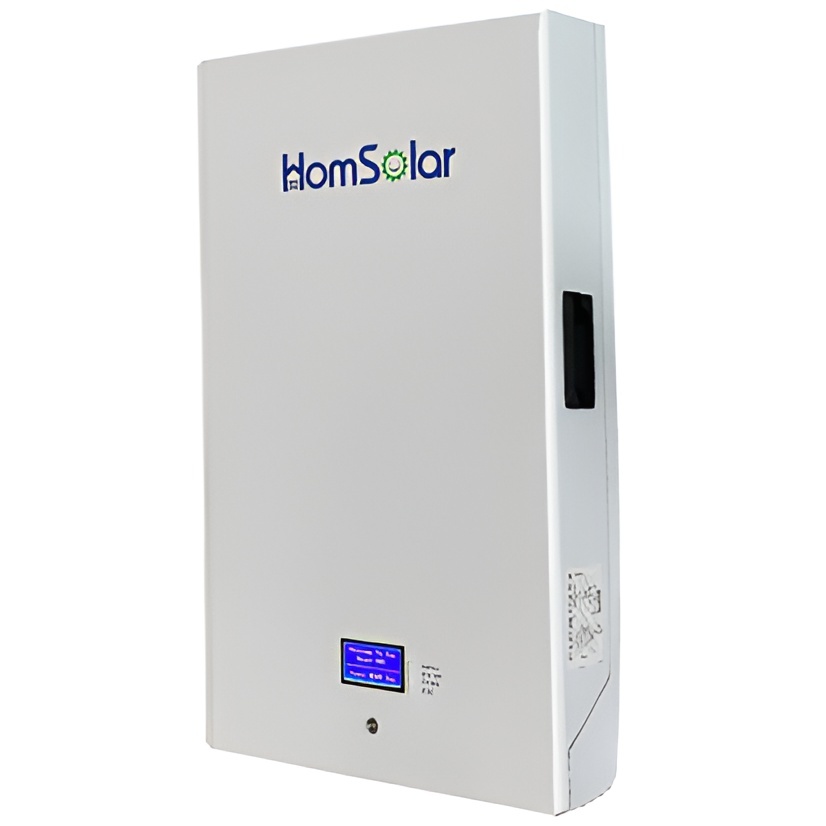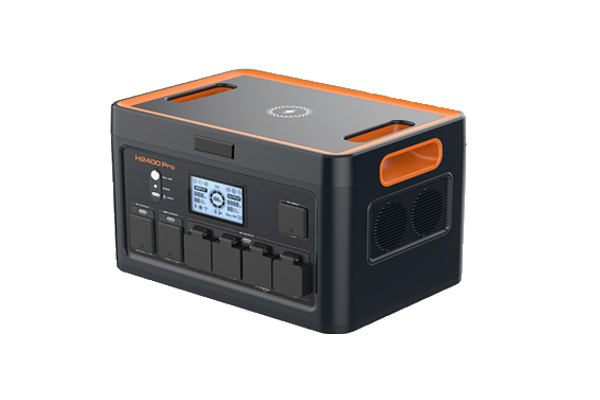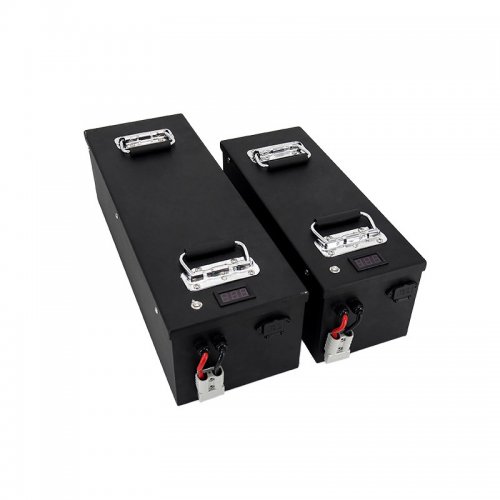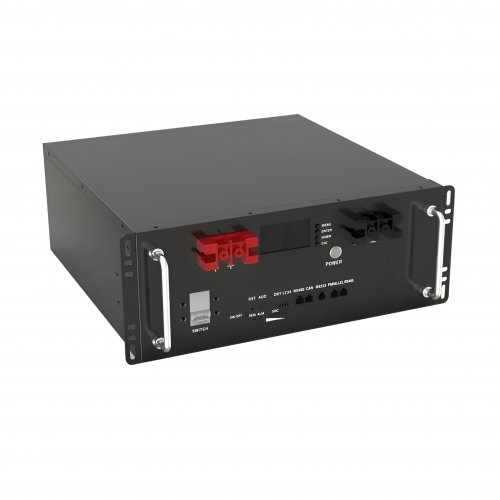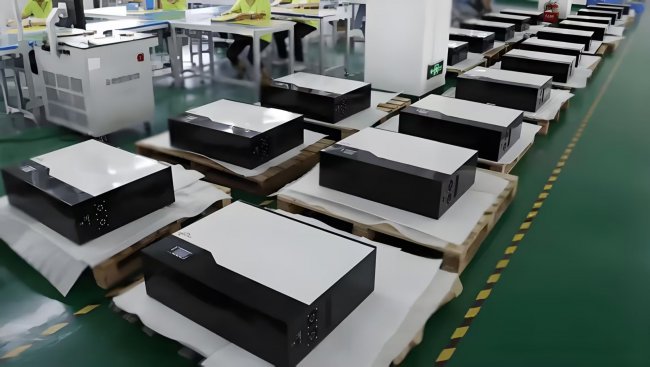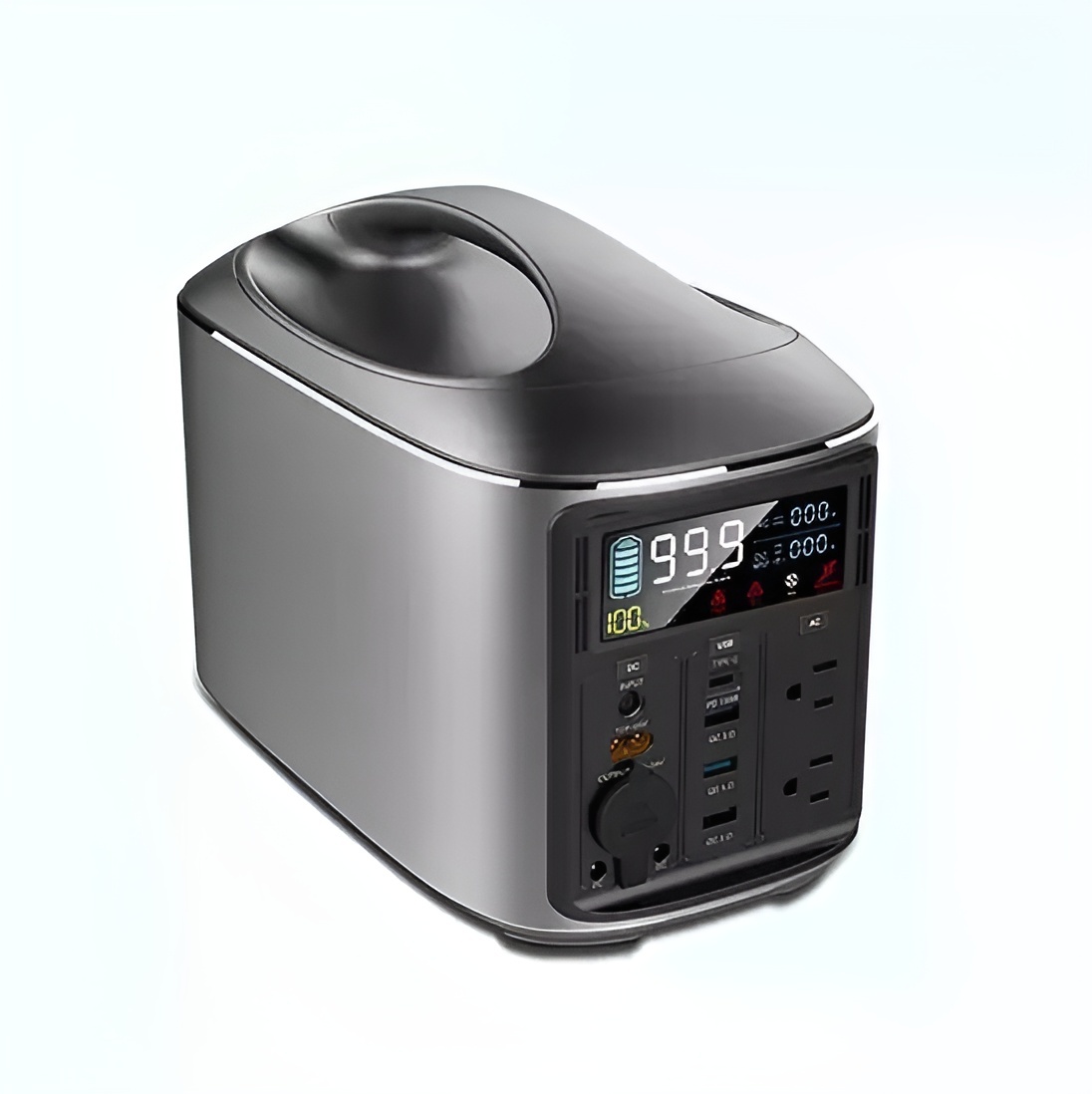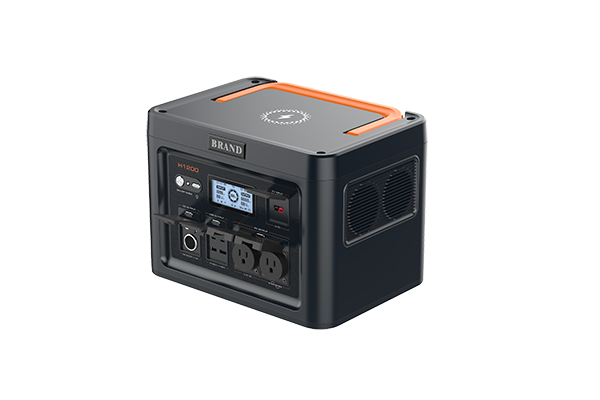Inverted perovskite solar cell based on self-assembled monolayer achieves 23.31% efficiency
A group of researchers from China's Hangzhou Dianzi University has developed an inverted perovskite solar cell based on a hole transport layer (HTL) with a self-assembled monolayer (SAM) aimed at passivating defects and increasing efficiency.
Inverted perovskite cells have a device structure known as “p-i-n”, in which hole-selective contact p is at the bottom of intrinsic perovskite layer i with electron transport layer n at the top. Conventional halide perovskite cells have the same structure but reversed – a “n-i-p” layout. In n-i-p architecture, the solar cell is illuminated through the electron-transport layer (ETL) side; in the p-i-n structure, it is illuminated through the HTL surface.
“With the introduction of SAM, the photoelectric conversion efficiency of inverted perovskite solar cells is greatly improved as an HTL material, but clusters will be formed when SAM exceeds a certain concentration in solution,” the research's corresponding author, Yue Zhang, told pv magazine. “These cluster phenomena lead to weak binding between the phosphate anchoring group at the bottom of SAM and indium tin oxide (ITO), which greatly affects the coverage of SAM on ITO substrate, resulting in loss of carrier extraction efficiency.”
The scientists adopted a co-assembled SAM (Co-SAM) strategy consisting of selecting additive material to be mixed with a common SAM based on a layer of MeO-2PACz, which is short for [2-(3,6-Dimethoxy-9H-carbazol-9-yl)ethyl]phosphonic acid. This strategy was chosen to achieve optimal SAM coverage.
The academics designed the cell with a substrate made of glass and indium tin oxide (ITO), the MeO-2PACz layer, the perovskite absorber, a layer based on phenethylammonium iodide (PEAI), an ETL based on phenyl-C61-butyric acid methyl ester (PCBM), a bathocuproine (BCP) buffer layer, and a silver (Ag) metal contact.
The group investigated the perovskite crystals by scanning electron microscopy (SEM), X-ray diffraction (XRD), and photoluminescence (PL), and found that the grain size of the perovskite treated with Co-SAM increased to a certain extent, with the hole phenomenon of the buried interface being suppressed, and the grain arrangement of the cross-section being more vertical. “These results may be attributed to improved SAM coverage,” Zhang said.
“We then measured the cell through Kelvin probe force microscopy (KPFM) and femtosecond (fs) transient absorption (TA) measurements and observed that the contact potential difference (CPD) of the films after Co-SAM treatment decreased, indicating that the increase of the work function was beneficial to better energy level matching, and thus increased the carrier transport rate,” he added.
Tested under standard illumination conditions, the cell achieved a power conversion efficiency of 23.31%, an open-circuit voltage of 1.18 V, a short-circuit current of 23.63 A, and a fill factor of 83.21%. For comparison, a benchmark device developed without the Co-SAM strategy achieved an efficiency of only 21.34%.
“And the maximum power point tracking, the efficiency can be maintained close to 90% under the lighting condition lasting 500 h,” Zhang stated.
The new solar cell design was introduced in the study “Reconstruction of Hole Transport Layer via Co-Self-Assembled Molecules for High-Performance Inverted Perovskite Solar Cells,” which was recently published in the scientific journal Nano Micro Small. “This study underscores the potential of Co-SAM for addressing challenges associated with SAM-based HTLs while simultaneously achieving high device performance and stability,” the scientists concluded.
Customized/OEM/ODM Service
HomSolar Supports Lifepo4 battery pack customization/OEM/ODM service, welcome to contact us and tell us your needs.


HomSolar: Your One-stop LiFePO4 Battery Pack & ESS Solution Manufacturer
Our line of LiFePO4 (LFP) batteries offer a solution to demanding applications that require a lighter weight, longer life, and higher capacity battery. Features include advanced battery management systems (BMS), Bluetooth® communication and active intelligent monitoring.

Customised Lithium Iron Phosphate Battery Casing
ABS plastic housing, aluminium housing, stainless steel housing and iron housing are available, and can also be designed and customised according to your needs.

HomSolar Smart BMS
Intelligent Battery Management System for HomSolar Energy Storage System. Bluetooth, temperature sensor, LCD display, CAN interface, UART interface also available.


Terminals & Plugs Can Be Customized
A wide range of terminals and plugs can be customised to suit the application needs of your battery products.

Well-designed Solutions for Energy Storage Systems
We will design the perfect energy storage system solution according to your needs, so that you can easily solve the specific industry applications of battery products.



About Our Battery Cells
Our energy storage system products use brand new grade A LiFePO4 cells with a battery lifespan of more than 4,000 charge/discharge cycles.



Applications in Different Industries
We supply customized & OEM battery pack, assemble cells with wiring, fuse and plastic cover, all the cell wires connected to PCB plug or built BMS.
Applications: E-bike, Electric Scooter, Golf Carts, RV, Electric Wheelchair, Electric Tools, Robot Cleaner, Robot Sweeper, Solar Energy Storage System, Emergency Light, Solar Power Light, Medical Equipment, UPS Backup Power Supply.
We can provide you with customized services. We have the ability to provide a vertical supply chain, from single cells to pack/module and to a complete power solution with BMS, etc.


HomSolar (Shenzhen) Technology Co., Ltd







